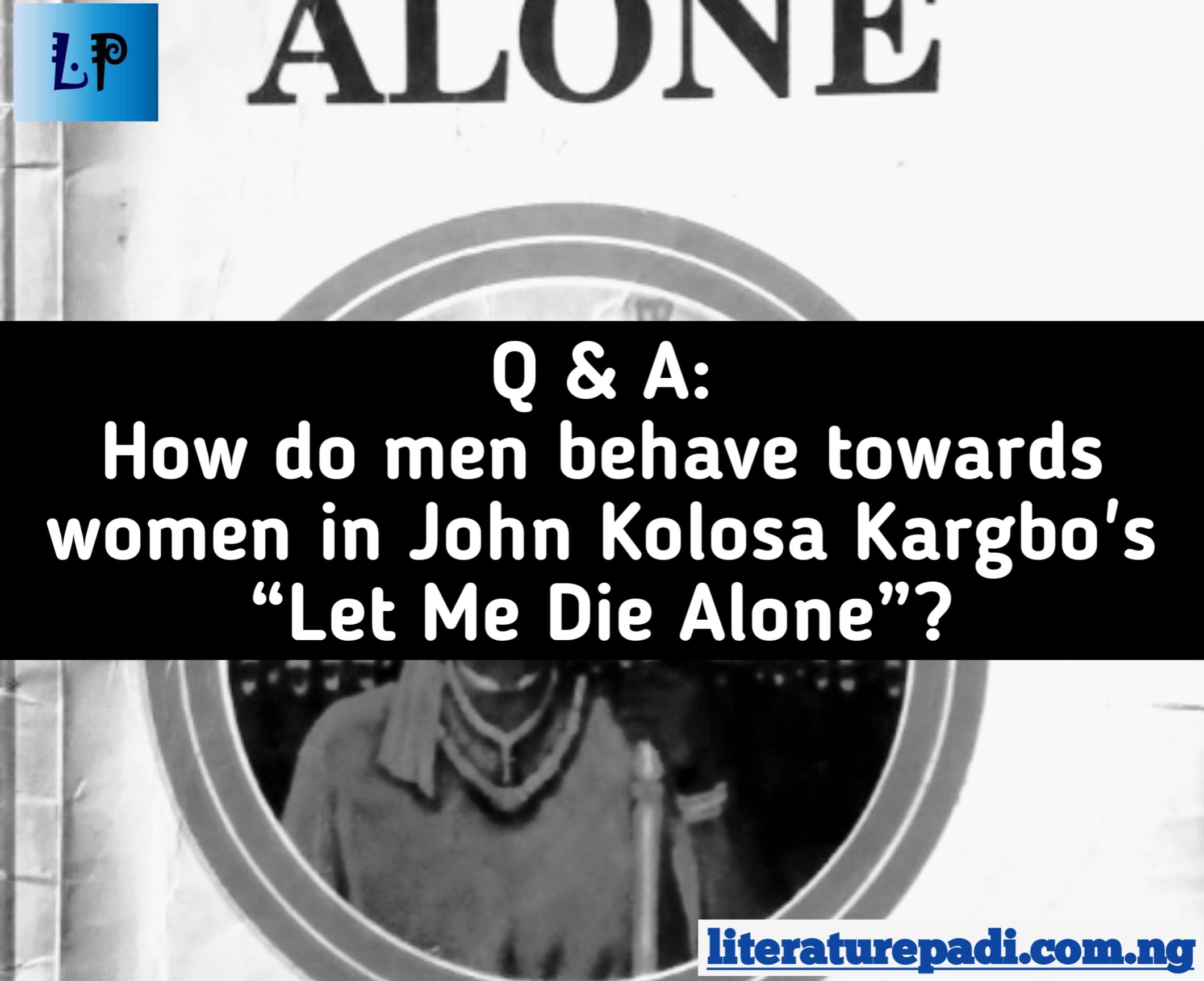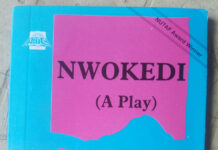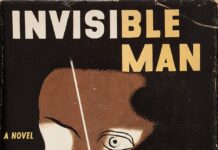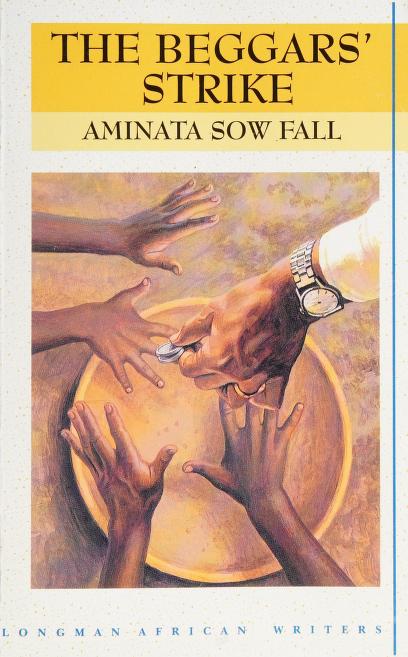🎉 Holiday Promo! Get Study Guides for 10+ WASSCE Texts — Just ₦5,000 (July 27 – Sept 18)
How do men behave towards women in John Kolosa Kargbo’s “Let Me Die Alone”?
In Let Me Die Alone, the system the society is run by is designed for and by men. Senehun is a male-dominated society. Much of the conflict of power struggle in the play emanates from the supposed ignominy of a woman succeeding Gbanya. It is a core reason Lamboi wants the throne for himself. The thought of a woman ruling the chiefdom must have fuelled further his greed for power.
The men in the play see their female counterparts as weak and inferior. There are several instances of this in the play. One such instance is when Gbanya reneges on his promise of succession to Yoko. His only reason for this decision is that his chiefdom is on the verge of crisis only a strong man and warrior can handle.
Read Also:
- Q & A: Comment on the character of Yoko in John Kolosa Kargbo’s Let Me Die Alone.
- Q & A: Discuss Gbanya as a remarkable character in “Let Me Die Alone”
Ultimately, Gbanya sees Yoko as weak, not because of any other thing but on the account of her gender. The same can be said of Lamboi and Musa who find Yoko unworthy of the throne possibly because of her gender.
Besides, the intricacy of power is designed for men. Yoko cannot bear a child after her ascension to the throne and admission into the Poro Cult. She has to part ways with childbearing too in order to fit into the men’s world and be the leader her people need.
Until his change of decision while in his death throes, Gbanya is glued to his perception of Yoko as a Sande dancer and sexual partner; not in terms of an equal who can rule the land same as him.
The abusive relationship between Ndapi and his wife, Jilo, is also suggestive of how men behave towards women in Let Me Die Alone. The marriage of Ndapi and Jilo is a clear case of love lost. The latter in frustration and yearning to be loved engages in extramarital affair with Lansana, one of Ndapi’s subordinates. Ndapi would afterward beat Jilo to the extent that Jeneba, their daughter, reports the beatings to Yoko. One discernible fact from the relationship of these two is that some men do not show affection to their wives and find it convenient to maltreat them instead. This also lends credence to the servility of the common women in the play.
Ndapi, in his capacity as the chief warrior, would also affront Yoko, his chief and superior in the chain of ranks, when it is rumoured that Yoko is responsible for the disappearance of Jeneba, his daughter. It is rumoured that Yoko has buried Jeneba alive as a form of sacrifice to curry favour of the colonial governor. Ndapi threatens Yoko on her return from her stately visit. He utters disparaging statements to her and dares her to sit on the throne. This is a gross disrespect of his superior regardless of gender and an abuse of his military power. If Yoko were a man, I am quite sure Ndapi would think twice before trying such a thing. If the chief were a man like Gbanya, Ndapi would not have had the effrontery to challenge Yoko’s authority.
Also, that the villagers take in the rumour hook, line and bait does not show that they are gullible. It only shows that some of them, mostly men, find it hard to come to terms with Yoko’s achievements. They are envious of her and hold her in contempt. In the rumour, Lamboi and Musa only provide a channel for them to vent their suspicions. Therefore, men have a low opinion of women in the play. They see women as weak. Men also maltreat women. They are envious of the successful women, disrespect them and would rather want them confined to domestic chores which men and nature have designed for them.
Further Reading:
- Characterisation in John Kolosa Kargbo’s LET ME DIE ALONE
- Themes in John Kolosa Kargbo’s LET ME DIE ALONE
- Plot Summary of John Kolosa Kargbo’s LET ME DIE ALONE
Receive Literary Updates through our Social Media Channels:
- WhatsApp: Literature PADI
- Telegram: Literature PADI
- YouTube: @literaturepadi
- Facebook: Literature PADI













Nice website suitable for senior school students
A big shout out to you Mr Ridwan Adedeji
THANK YOU SIR